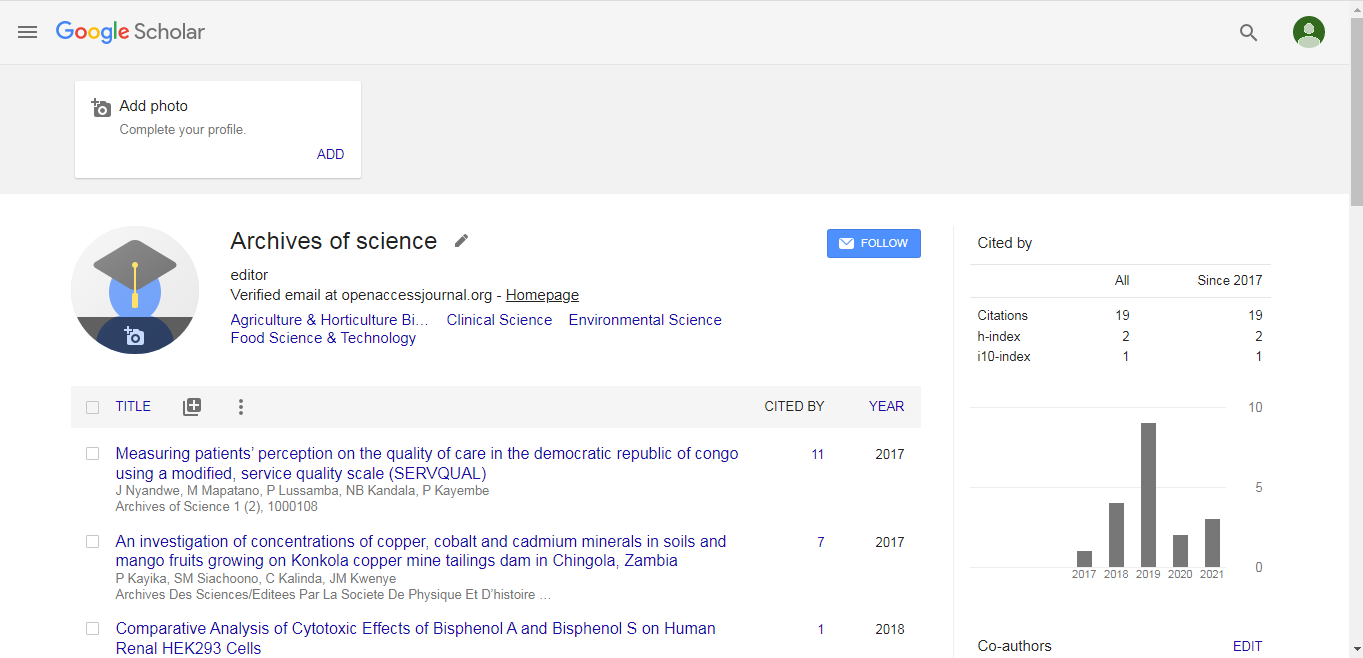Research Article
Is Modern Science Evolving in the Wrong Direction?
Jaffe K*Simon Bolivar University, Caracas, Venezuela
- Corresponding Author:
- Klaus Jaffe
Simon Bolivar University, Apartado
89000, Caracas, 1080, Venezuela
Tel: +58-212-9063610
E-mail: kjaffe@usb.ve
Received Date: March 03, 2017; Accepted Date: April 25, 2017; Published Date: April 28, 2017
Citation: Jaffe K (2017) Is Modern Science Evolving in the Wrong Direction? Arch Sci 1:106.
Copyright: © 2017 Jaffe K. This is an open-access article distributed under the terms of the Creative Commons Attribution License, which permits unrestricted use, distribution, and reproduction in any medium, provided the original author and source are credited.
Abstract
The present politically correct consensus is that increased exchange of scientific insight, knowledge, practitioners and skills at the global level brings significant benefits to all. The quantifiable scientometric changes during the last decade, however, suggest that many areas of knowledge are evolving in the opposite direction. Despite an increase during the last decade of the numbers of journals and academic articles published, increases in the number of citations the published articles receive, and increases in the number of countries participating; important parts of the academic activity are becoming more nationalistic. In addition, international collaboration is decreasing in several subject areas, and in several geographic regions. For example, countries in Asia are becoming scientifically more isolated; and academics working in the humanities in all the regions of the world are very nationalistic and are becoming more so. The precise consequences of this dynamics are difficult to predict, but it certainly will have reverberations beyond academia. The tendency of the humanities to become more provincial will certainly not help in reducing international conflicts arising from poor understanding of cultural differences and of diverging sociopolitical world views. Happily, these tendencies seem to be slowing and even reverting from 2011 to 2015. More and better data on these trends should give us a better understanding for eventually improving academic policies worldwide.

 Spanish
Spanish  Chinese
Chinese  Russian
Russian  German
German  French
French  Japanese
Japanese  Portuguese
Portuguese  Hindi
Hindi 